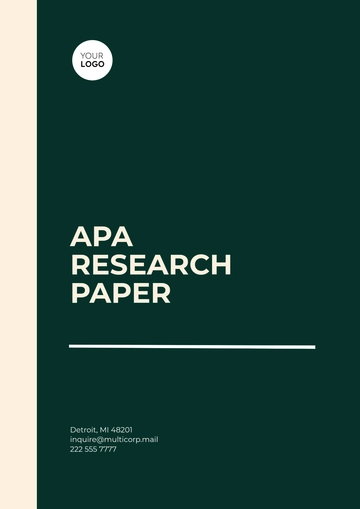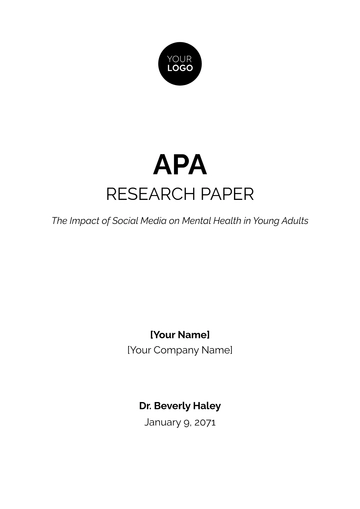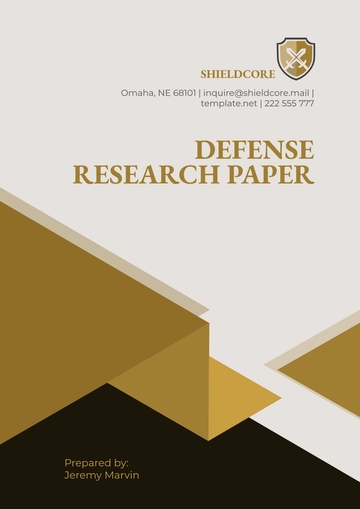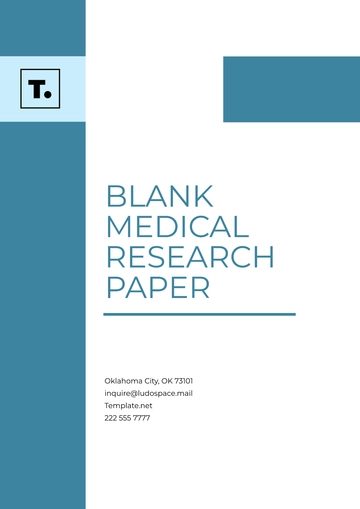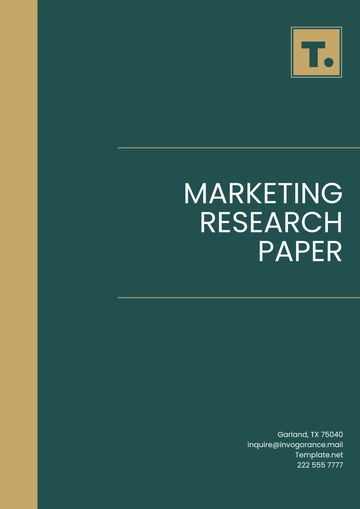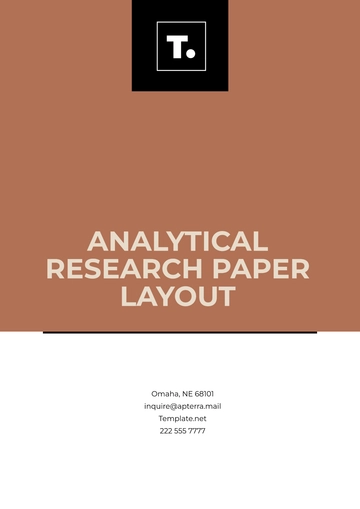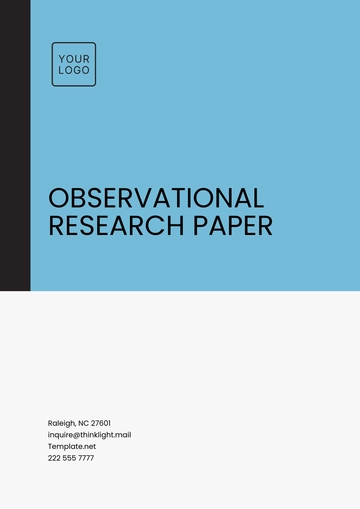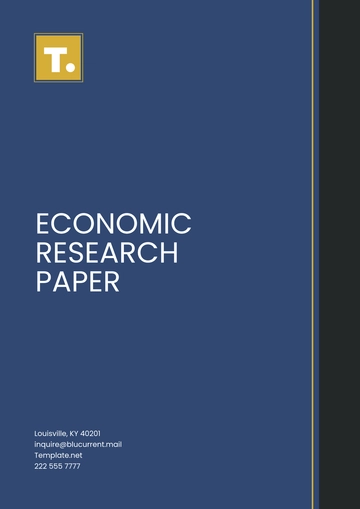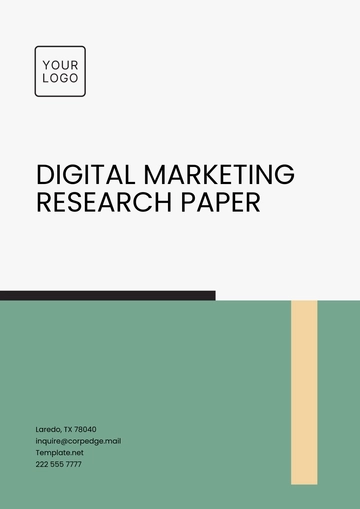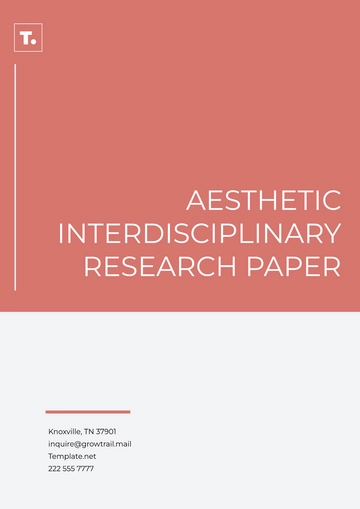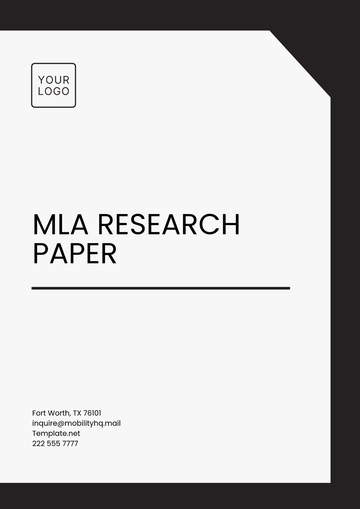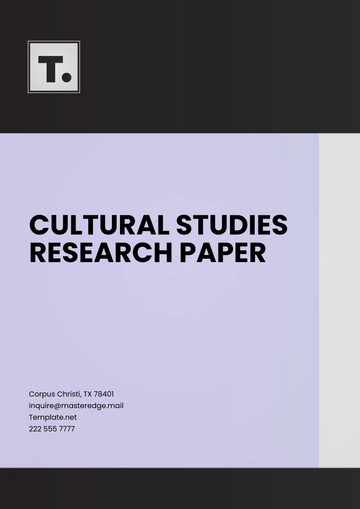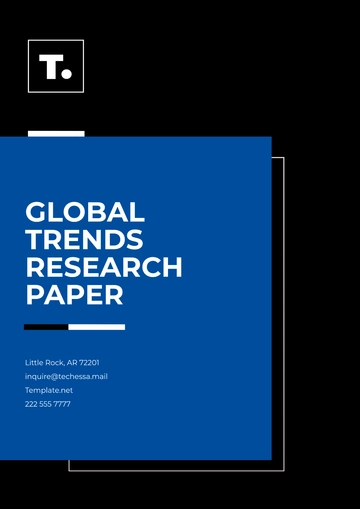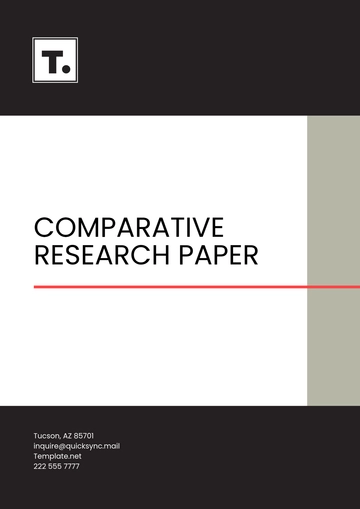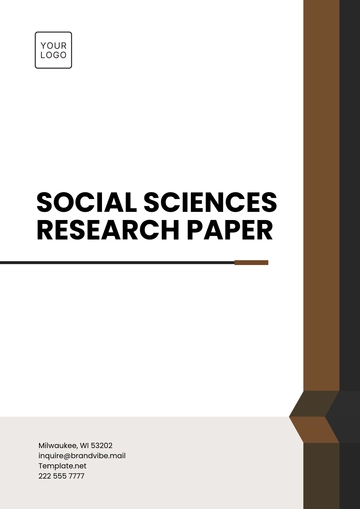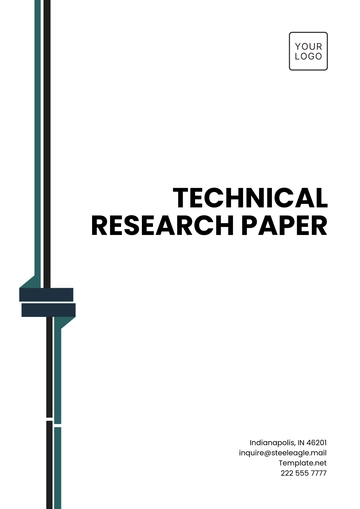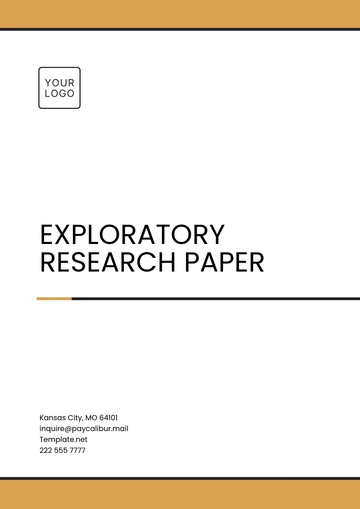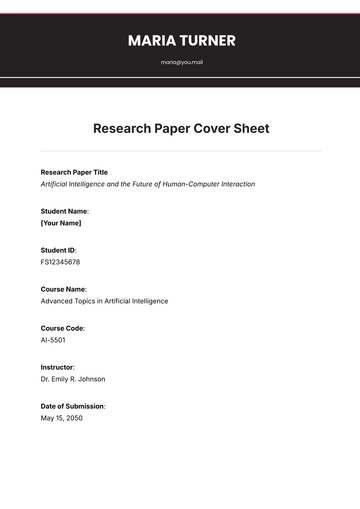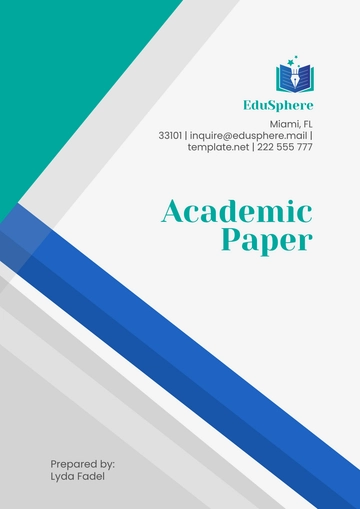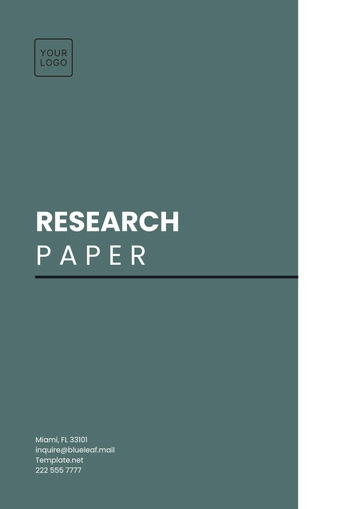Free Aesthetic Interdisciplinary Research Paper
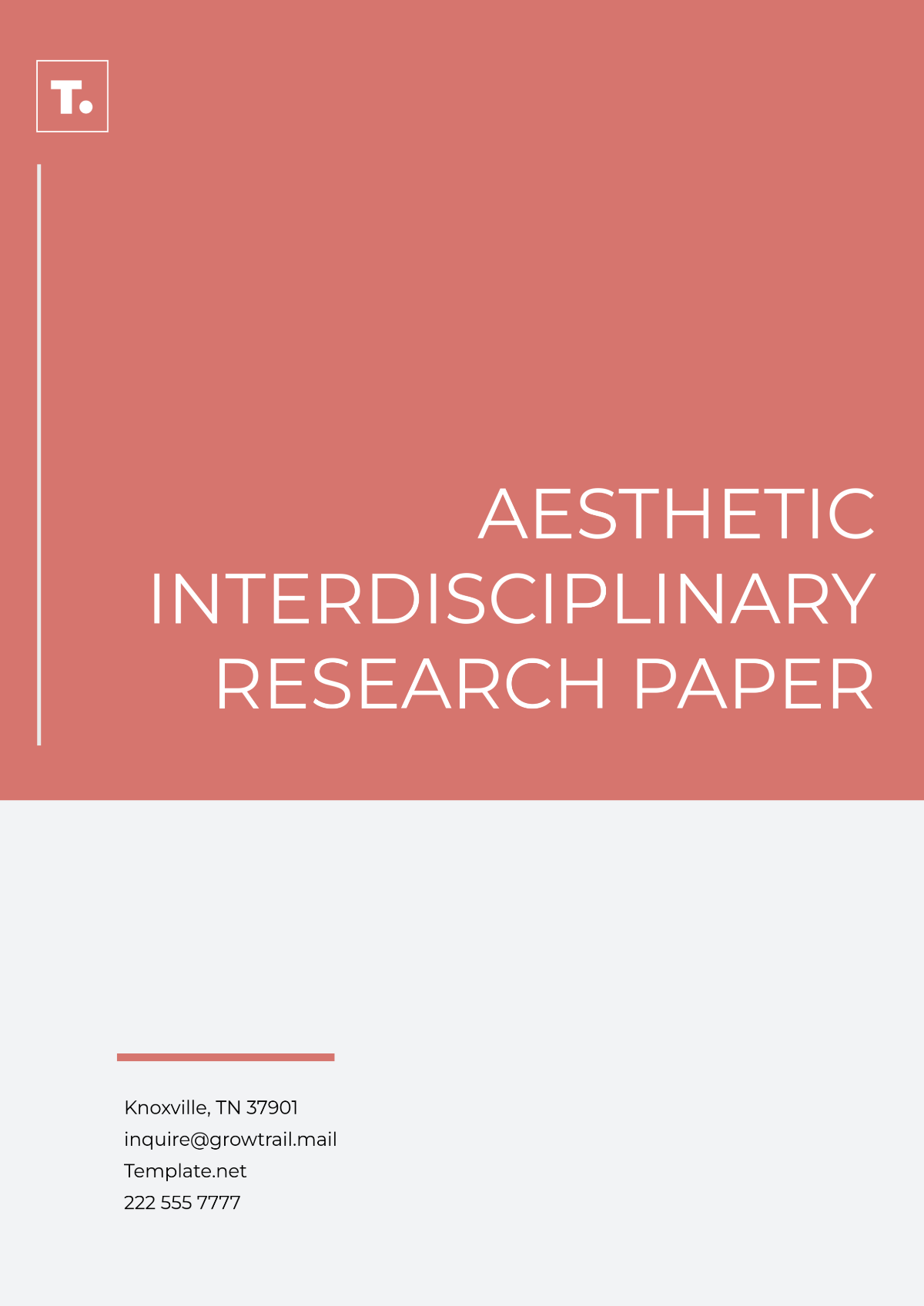
Author: [Your Name]
I. Introduction
The exploration of aesthetics through interdisciplinary research has facilitated a comprehensive understanding of art's role in diverse domains. It involves the integration of methodologies and perspectives from fields such as art history, cognitive science, and philosophy. This paper aims to delve into aesthetic interdisciplinary research's significance, methodologies, and outcomes in the modern era.
II. Theoretical Framework
A. Historical Context
The concept of aesthetics has evolved over centuries, with major contributions from philosophers like Immanuel Kant and Friedrich Nietzsche. In the 21st century, interdisciplinary approaches have expanded the study of aesthetics to include technological advancements and cultural dynamics.
B Philosophical Underpinnings
Researchers examine the philosophical underpinnings, focusing on questions of perception, beauty, and emotional resonance. Key philosophical perspectives include existentialist and phenomenological approaches, which provide a framework for understanding art's impact on the human experience.
III. Methodological Approaches
A. . Qualitative Methods
Case Studies: In-depth examinations of specific artworks or movements to understand aesthetic principles and effects.
Interviews: Gathering insights from artists and critics to explore different viewpoints on aesthetics.
B Quantitative Techniques
Surveys: Collecting data from diverse demographic groups to analyze trends and preferences in art perception.
Statistical Analysis: Utilizing data analytics to interpret aesthetic responses across various audiences.
IV. Integration with Technological Advancements
The incorporation of technology in aesthetic studies has opened new avenues for research. With digital media and virtual reality becoming prominent, the way art is experienced and assessed has transformed.
Technology | Impact on Aesthetic Research |
|---|---|
Virtual Reality | Enables immersive experiences for deeper aesthetic engagement and understanding. |
Digital Media | Facilitates the dissemination and democratization of art and its appreciation. |
V. Future Prospects (2060 Onwards)
Looking toward the future, interdisciplinary aesthetic research will continue to evolve, influenced by ongoing technological innovations and cultural shifts. It will likely explore new art forms emerging from advancements in artificial intelligence and biotechnology, further enriching our understanding of aesthetics.
VI. Conclusion
The interdisciplinary study of aesthetics offers profound insights into how art is perceived and its significance in society. By combining diverse fields and methodologies, researchers can address complex questions and foster a comprehensive understanding of the aesthetic experience. The ongoing integration of technology promises to expand this field significantly in the coming decades.
VII. References
Kant, I. (1790). Critique of Judgment.
Nietzsche, F. (1886). Beyond Good and Evil.
Smith, J. (2061). The Impact of Virtual Reality on Aesthetic Experience. Journal of Aesthetic Studies, 45(3), 210-225.
Johnson, A., & Lee, K. (2062). Digital Media and the Future of Art Perception. Artistic Insight Quarterly, 58(4), 330-345.
- 100% Customizable, free editor
- Access 1 Million+ Templates, photo’s & graphics
- Download or share as a template
- Click and replace photos, graphics, text, backgrounds
- Resize, crop, AI write & more
- Access advanced editor
Combine style and substance with the Aesthetic Interdisciplinary Research Paper Template from Template.net. Fully editable and customizable, this template is ideal for projects bridging multiple disciplines, such as art, science, and humanities. Editable in our Ai Editor Tool, it allows you to structure your research in a visually appealing and professional manner. The polished layout ensures clarity while enhancing the reader's experience.
